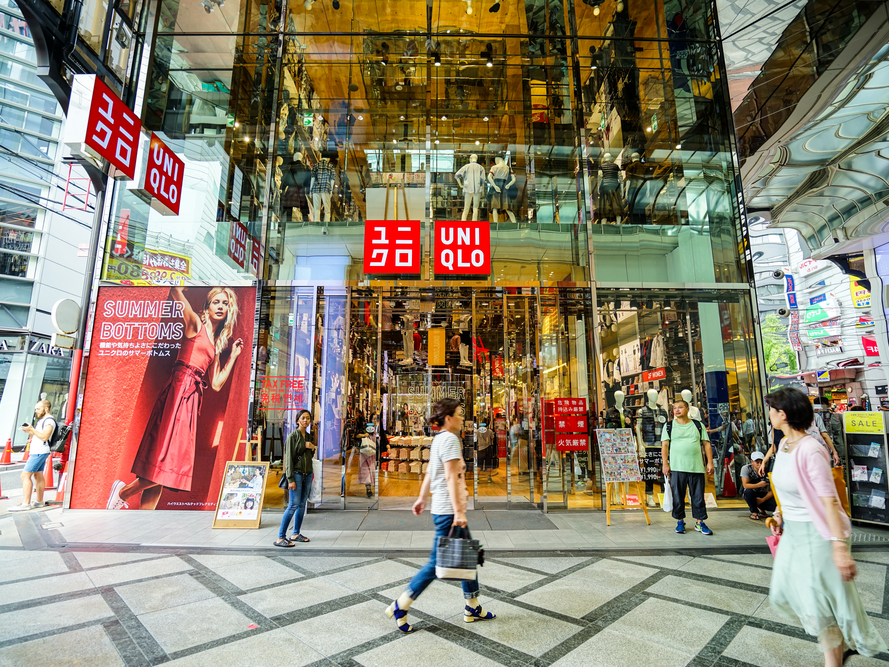
August_0802/Shuttestock
- A shipment of men's cotton shirts from Uniqlo was seized by US customs officials in Los Angeles.
- Officials suspect the shirts were made in part by the forced labor of Uyghur Muslims in China's Xinjiang region.
- Uniqlo objected to the seizure, saying the cotton used to make those shirts was not from Xinjiang.
- Visit Insider's homepage for more stories.
A shipment of Japanese fashion retailer Uniqlo's cotton shirts was seized by US Customs in Los Angeles after officials suspected the garments were made using forced labor from China's Xinjiang region.
In a customs ruling released by the US Customs and Border Protection dated May 10, the agency said it blocked a shipment of Uniqlo men's shirts in January for violating a ban on cotton products from Xinjiang.
The agency added that it will not release the shirts for import as Fast Retailing, Uniqlo's parent company, did not provide sufficient evidence to prove that its products were completely free from forced labor linked to Xinjiang's cotton-picking industry.
In the document, the agency elaborated that among other pieces of missing evidence, Uniqlo failed to list its complete production steps and production record for the shirts.
The agency further justified its seizure of the shipment as any cotton products exported to the US that have links to Xinjiang's cotton production industry would violate a 2020 detention order set by the US Department of Homeland Security. The order instructs customs officials to "detain shipments containing cotton and cotton products originating from the Xinjiang Production and Construction Corps."
This detention order came into force last year as the US attempted to apply economic pressure on China - accusing the Chinese Communist Party-linked Xinjiang Production and Construction Corps of human rights violations, including using the slave labor of detained Uyghur Muslims to pick and make its raw cotton.
According to the US Customs document, Uniqlo attempted to provide evidence that the raw cotton used for the shirts was sourced from Australia, the US, and Brazil, but this explanation was not accepted by the agency.
Uniqlo is one of Fast Retailing's major brands, and the company on Wednesday told Nikkei Asia that the agency's decision was "very regrettable."
In a separate statement to Bloomberg, the company said: "Uniqlo is disappointed by the recent decision from the US Customs and Border Protection agency."
"Uniqlo has strong mechanisms in place to identify any potential violations of human and worker rights. All Uniqlo items use only cotton that originates from sustainable sources," the statement added.
The company made a stand on its use of Xinjiang cotton in a statement in August last year, saying that "no Uniqlo product is manufactured in the Xinjiang region," adding that its production partners do not use subcontractors in fabric or spinning mills there.
In contrast, other Japanese brands like Muji have continued to sell products made with Xinjiang cotton - even as foreign brands like Nike and H&M were embroiled in a mass boycott by Chinese online retailers and customers after saying they would not use cotton from the region in their products.
It is unclear if Uniqlo's stand on using Xinjiang cotton has changed since August 2020. Fast Retailing did not immediately respond to a request for comment from Insider.